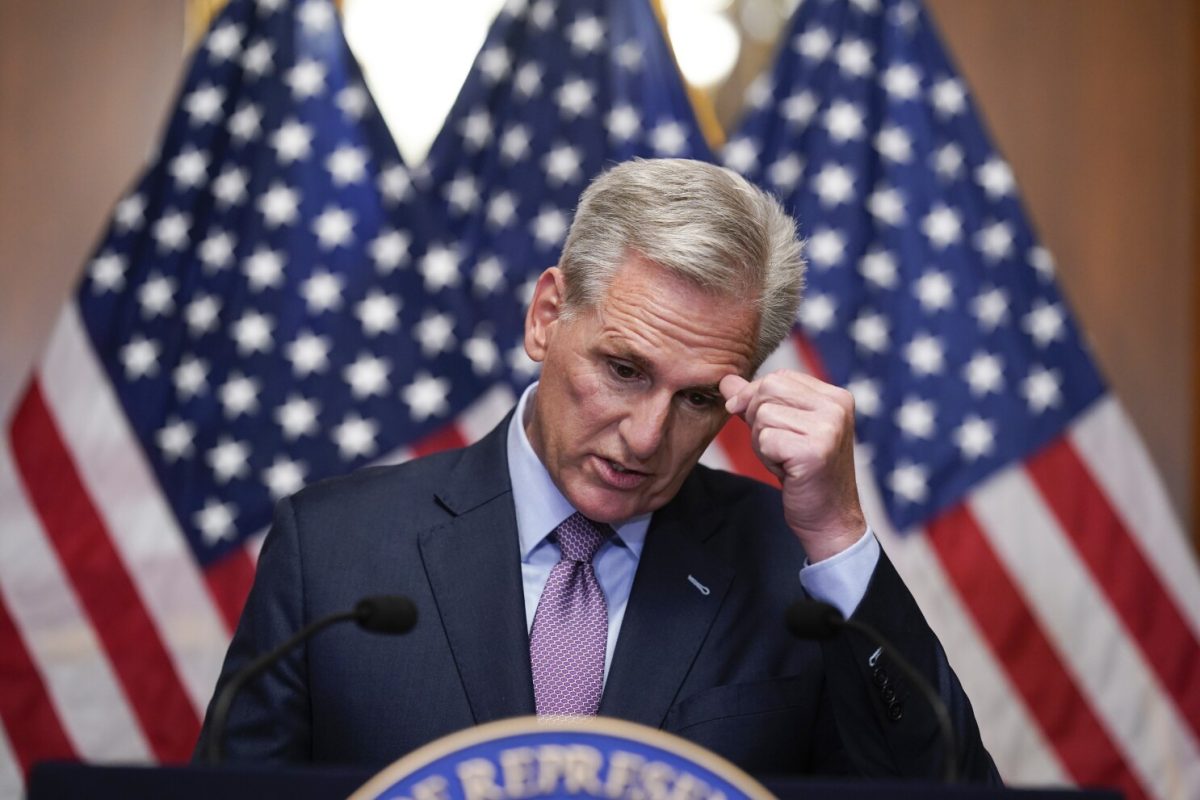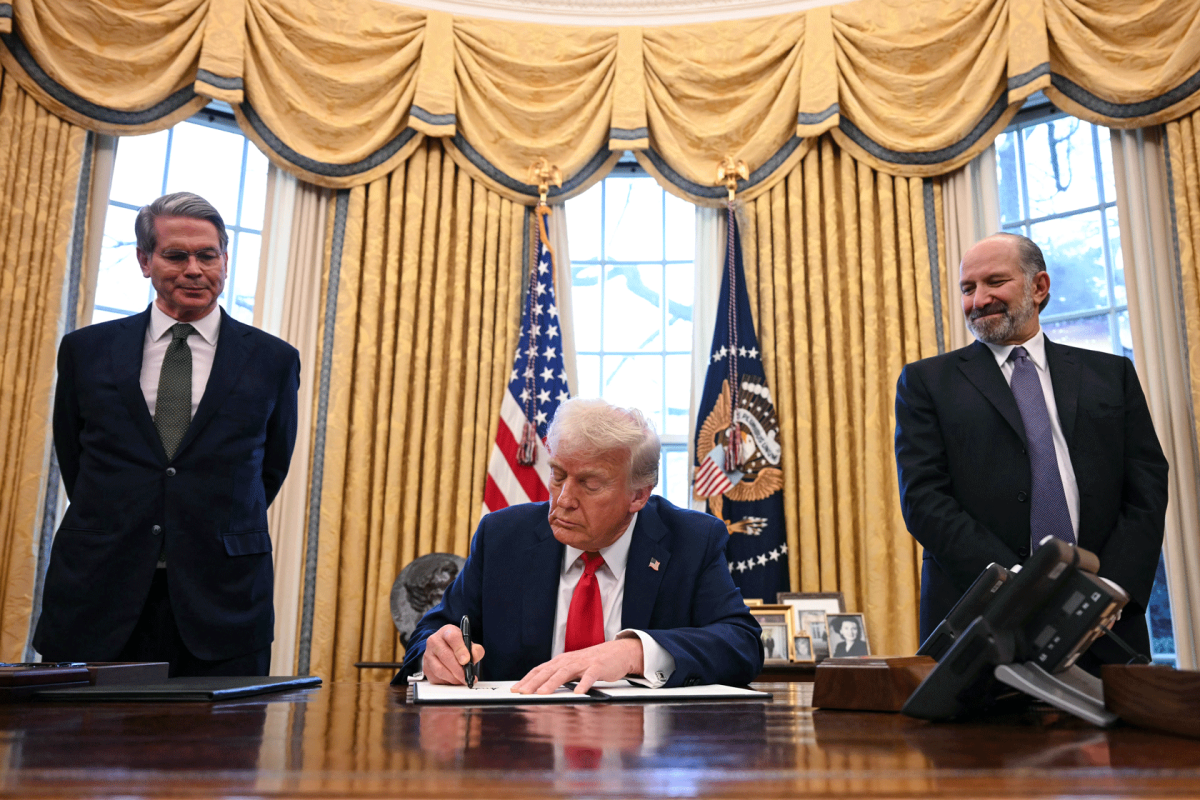October 3rd, 2023 was a historic day in the House of Representatives as Kevin McCarthy, speaker of the House, was ousted from the speaker’s chair by members of his own party. Just days prior, the House was tasked with the important role of negotiating the budget for the government’s expenditures. However, much like the last several years, this year’s budget approval turned out to be a complex issue in a divided Congress.
The federal budget is one of the most important policy decisions made by the House of Representatives. The federal fiscal year begins on October 1, and the expectation is that, by then, Congress will pass all the appropriation bills that it’s supposed to enact and approve the budget. However, every year it seems like our representatives in Congress are less and less capable of doing the job that they are tasked with. Oftentimes Americans end up with stopgap spending laws and the threat of government shutdowns.
Similarly, this year, even though the majority of both Democrats and Republicans compromised on the budget, resulting in a deal that would cut spending by nearly 30% for many government agencies, as well as funding stricter border provisions, a small minority of the GOP was able to potentially shake the nation as a whole and prevent the budget deal from passing. This small group, led by Rep. Matt Gaetz (R-FL), refused to sign the deal, believing that the budget would not cut enough government funding to programs like Medicare and Social Security and would not supply enough funding for issues such as border security.
Mere hours before the deadline, however, Kevin McCarthy came to a compromise with the Democrats. By adjusting the bill to receive the required votes to pass and barely avoid a government shutdown, McCarthy outraged his own party members by looking to the Democratic party for the needed votes. He was aware that he would be risking his position as the Speaker of the House by doing this, but as McCarthy himself said, “doing the right thing isn’t always easy, but it is necessary.”
The passing of the budget policy wasn’t the end of the schism taking place in the GOP. Rep. Gaetz and his followers were outraged by McCarthy’s compromise and quickly moved to vote for his removal from the leadership role. With the minority (Democratic) party already voting against the Republican Speaker, Gaetz and his followers were able to join the Democrat vote and overcome the Republican majority that voted in McCarthy’s favor. That is how, in a historic turn of events, Kevin McCarthy became the first speaker of the United States House of Representatives in history to be ousted from the position of speaker.
Currently, while representatives like Jim Jordan from Ohio are making a bid at the speaker’s seat, the House only has a temporary speaker, Rep. McHenry from North Carolina. Until an official speaker is chosen, the House of Representatives is unable to perform any actions, pass any bills, or vote on any legislation. With the next budget policy due on November 17, it is imperative that the GOP arrive at a decisive choice on a speaker before then. The first ballot for Jim Jordan took place on Tuesday, October 17, and things only seem to have gotten worse since then. Twenty House Republicans voted against Representative Jordan’s nomination in the first vote, and just days later Jordan dropped out of the race entirely. This is starting what some fear to be a process that may end up taking even longer than McCarthy’s painstaking 15 hearings before he won over enough votes to become speaker back in January 2023.
As former president John Fitzgerald Kennedy said in his inaugural address, “United there is little we cannot do in a host of cooperative ventures. Divided there is little we can do–for we dare not meet a powerful challenge at odds and split asunder.” With a House divided, our government lays dormant, unable to execute its responsibilities. Only unity can bring power, peace, and security for all.







